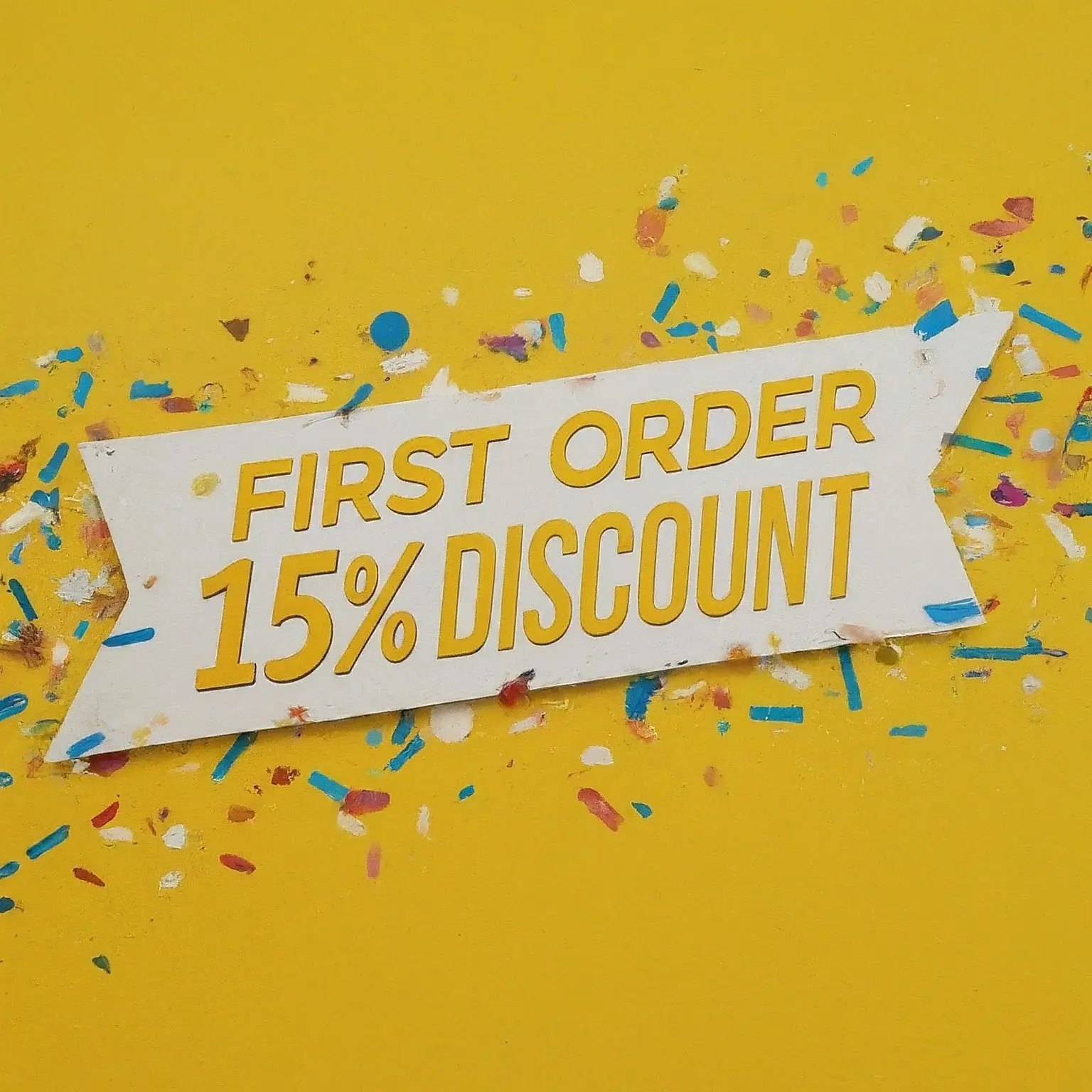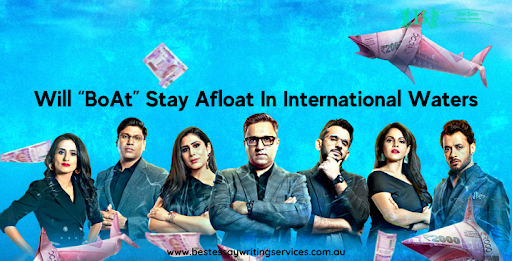Shark Tank, a US-based multi-Emmy award-winning entrepreneurial-themed reality show that has set a new pedestrian for entrepreneurship worldwide, has gained massive popularity over the years. Starring on “ABC” production media since 2009, the show has taken the world by storm.
In the show, entrepreneurs pitch their business idea to sharks (potential Investors), who invest in the business after weighing the idea's success.
It is popular for bringing lesser-known businesses to the spotlight and inculcating the spirit of entrepreneurship in every household. In addition, all the show's viewers can relate to the heart-touching stories of the entrepreneurs planting the idea of starting up their businesses.
Profiting from the innovative idea, today, the international versions of the Shark tank are featured in around 9 other countries, namely Australia, Colombia, Malta, Mexico, Nepal, Thailand, Vietnam, Israel and India.
Speaking about India, the show is relatively new and premiered in 2021. Currently, the show is at season two, with judges Amit Jain, CEO & Co-founder of “card Dekho”, Vineeta Singh, CEO & Co-founder of “SUGAR Cosmetics” Namita Thapar, Executive director of “Emcure Pharmaceuticals”, Peeyush Bansal, Founder and CEO of “Lenskart.com”, Anupam Mittal, founder and CEO of “People group” and, Aman Gupta- CEO & Co-founder of “BoAt”.
And today, we are penning a case study on the brand owned by one of the judges of this show: BoAt by Aman Gupta, which is planning to take its businesses to international waters. In this case study, we will analyze “will BoAt stay afloat in international waters?” So, let us begin.
The tagline of the brand, Plug into Nirvana, which means- free from boundaries, is exactly what the brand is doing these days.
Apart from multifold revenue generation and putting India on the global map in the electronics arena, the company is not only India’s leading hearable brand after apple. Still, it is also 2nd largest hearable brand globally. As of April 2021, the company was valued at 226.8 million USD. The company has also registered 2 folds growth in its scale for the past two consecutive years, with the revenue standing at around 2800 CR for FY’22. But, despite the expansion, the company's profit has dipped by 20% in 2022, so is this the right time to test the depths of international waters, or should boats stay at the shore?
To understand that, it is essential to look at the thrilling journey of the brand since 2016 because it emerged during the times when it was thought to be the most difficult time to launch a new brand in a chokingly competitive market.
In 2016, the Indian market was flooded with Chinese brands such as Xiaomi, Huawei, Oppo, and ZTC. They were all over the Indian tech market, filling bellies with more and more market share. Indian brand Micromax, which earlier shared a dominant part in Indian market, was facing a downfall. Its share in the Indian market dipped from 17% in quarter one of 2016 to 6% by the end of the year. Samsung’s market share was also rising, marking the beginning of 2016 with 26% shares in the Indian Market.
When all this was happening in the market, two ambitious founders, whose brand could rigorously shift the dynamics of the Indian electronic sector, were wandering to gather funds for nearly a year. But unfortunately, no one was ready to invest in their idea, as the Indian market was bewitched with affordable and easily available Chinese products.
It’s almost impossible to believe that the brand that sells 6,000 units per day and one unit every four minutes once struggled even to collect funds. Still, the two resilient founders, Aman Gupta and Sameer Mehta did not take it to heart and, after building their savings of 15 lakhs each, laid the foundation of “BoAt”, the top Indian wearable brand, holding 10% global share, second to only Apple, which holds about 29 per cent of the global market. The business is carried under a legal name, Imagine Marketing Services Private Limited, while boAt is the popular household name.
The founding stone: Too many blacks and white:
Just one anomaly in the market is what laid the founding stones for a boat in the market- cheap quality Chinese cables.
During its initial days, Aman and Sameer identified a huge gap in the electronic sector. The Chinese products were undoubtedly affordable but did not last long, especially the charging cables, which were built of poor quality and were short-lived. Other than that, Indian youth needed fresh and quirky designs; blacks and whites were just too mainstream. That is when; the duo tried their luck in the market by introducing “indestructible cable” in the market, and boom! It was a bingo!
The cable was only quirky and fun-looking but was durable. That is what the customers needed. By the end of 2020, just before the pandemic hit the world, the company was dealing in stylish headphones, earphones and speakers and earned a net profit of close to 50 Cr INR, which was almost six-fold higher than the previous year’s 9 Cr profit. By the end of 2022, the company's net revenue was 2800 Cr INR.
This innovative thinking gave the boat a head start in the market. And now that boat is looking to foray into international waters, will this innovative technique still hold ground in the international market?
Recently, in conversation with Mint, the co-founder of Boat and Chief producer officer of Imagine marketing limited, Sameer Mehta, stated that “the company is already established in neighbouring nations, where behavioural patterns of customers were similar to Indian consumers, like Nepal and Bangladesh, now we wish to expand a little more.” This year, the company aims to spread its claws in the Middle East and South East Asia, like Dubai and UAE.
How:
The plan is simple. Reduce manufacturing costs and increase profit margin. To reduce the cost of manufacturing, the company has acquired two companies- Tagg and KaHa Pte (Cove IoT). The company aims to increase its manufacturing capacity two folds to achieve production of 20-25 million units by the end of FY ’24. Further, establishing an in-house plant in the country will exempt import tax and reduce production-related costs.
Other than that, experimenting and analyzing the buying patterns of consumers in a similar market will give BoAt a feel of consumer expectations.
Holding back the IPO:
Going international is the only choice to beat apple in the international market. The company essentially has two business models, hearable and wearable. Wearables, like earphones and speakers, have been profitable since the company was founded in 2016, but wearables, like the watch, are in dire need of funding. Hence, the company, at present, is putting an IPO in the back seat and fuelling all the investment in wearables to double its production by the end of 2024.
The setbacks:
The major restrain holding the company back is no control over quality due to dependence on foreign suppliers.
Although, as per Sameer Mehta, so far, the company has sold 11 million “made in India” products. 90 percent of its manufactured hearables are built in-house, and now 70 percent of wearables are manufactured in the country with the help of electronics manufacturing partners and the joint venture with Dixon.
But, even after that, a major dependence on foreign suppliers and no control over product quality, topped with import duties and government restrictions, removed the brand's credibility.
Secondly, the brand is forgettable in a highly competitive and overcrowded market; hence, gaining consumer loyalty is toilsome.
The conclusion:
The unique and innovative approach, apt customer service and market connectivity have given the brand an edge. With its durability and affordability, it can woo international markets too. But looking at dipping profit margin and the lack of control over product quality, it might be best to hold the horses for now!
"At BEWS, we have online essay writers skilled in many fields of study to provide you with high-quality help on any subject."
Copyright © 2026 getessayservice.com

